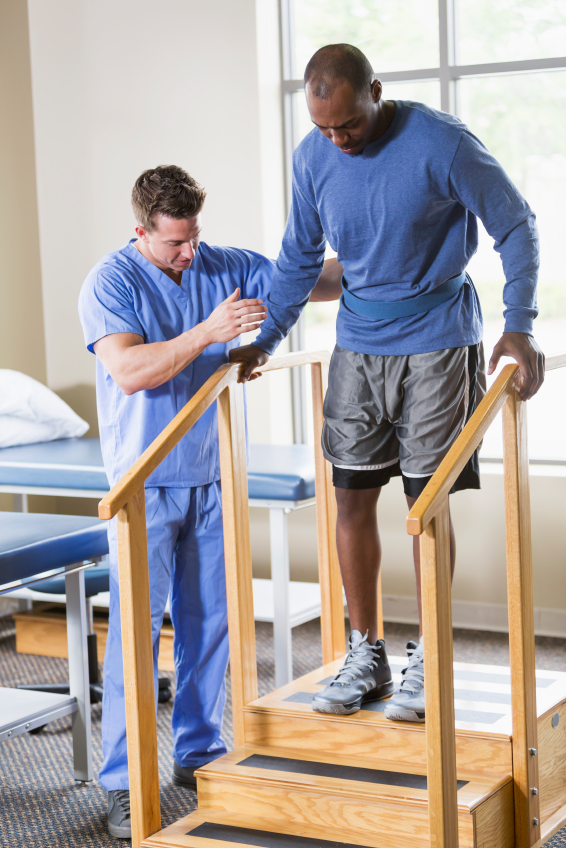
(This content is being used for illustrative purposes only; any person depicted in the content is a model)
Author: Shernide Delva
Over the last decade, the increase in opiate painkiller abuse and heroin abuse has been alarming to say the least. The 2014 statistics state that a person dies every 4 minutes from a drug overdose or alcohol-related event. Prescription pain killer abuse is an epidemic in the United States and as a result, alternatives are being considered to prevent more and more people from developing a dependency to opioids. Are there better methods of managing chronic pain?
Many believe so and are pushing for a change. While opioid medications are effective at reducing pain, they are very addictive, and other alternatives should be looked at before doctors prescribe opioid medications.
So, what options are available? Fortunately, there are a variety of options available for pain relief that range from non-opioid medications to non-medicinal therapies. Discussing these options with your doctor can help provide you with a pain management program that has a lower risk for dependency.
The Best Opiate Alternatives
- Over-the-Counter Acetaminophen
Acetaminophen is a drug more commonly known by the brand name Tylenol. It is recommended as a first-line of treatment by the American College of Rheumatology. While scientists are not sure on how the drug works, most theorize the drug works by inhibiting the synthesis of chemical messengers called prostaglandins, which help to transmit pain signals and induce fever. This drug is non-addictive and can be very effective. - Nonsteroidal Anti-Inflammatory Drugs (NSAIDs)
NSAIDs are more potent than acetaminophen and include anti-inflammatory drugs such as Aleve. These drugs work by reducing inflammation; however they run a risk of risk of organ toxicity, kidney or liver failure and ulcers. Use in moderation for optimum success. - Corticosteroids
Steroids inhibits nerves in the body and provide pain relief. The drawbacks to steroids are that they can potentially accelerate join destruction. Other side effects can include immune system suppression, gastrointestinal issues and psychiatric effects. - Serotonin and Norepinephrine Re-uptake Inhibitors
Anti-depressants may be appropriate for nerve, muscular and skeletal pain. They also help with insomnia and anxiety. This is a great alternative because these drugs do not have the same side effects of opioids. - Physical Therapy
Physical therapy requires more work from the patient but can be extremely useful in improving physical healing and relieving pain long-term. Physical therapy can be done in sessions and recommended exercises can often be done at home. - Massage, Acupuncture and Chiropractic Care
Acupuncture is an ancient art form that has been used for thousands of years. Some find acupuncture to be just as effective, if not more effective than medications. On the bonus side, it is a totally natural safe alternative to opioid medication. - Exercise
Exercise is beneficial for so many reasons. Surprisingly, exercise has been shown to be healing for those with chronic pain. Low-impact exercises can help improve mobility and functionality. Activities like yoga and ta-chi can be helpful for many ailments.
Chronic pain affects millions. Whether we like it or not, pain is a real occurrence, and sometimes opioid medications may be the only option. However, if other alternatives and other methods of care can be promoted, it can help prevent the amount of patients suffering from dependence to these drugs. Often, taking a prescription opioid may not be the best option. As the prescription pain killer epidemic continues to gain media attention and political awareness,more attention should be placed on prevention methods, as well as treatment.
Overall, ask your doctor to weigh the alternative options available. Together, both of you can decide the best method of pain management. What do you think? Should doctors weight other options? If you or someone you love is struggling with substance abuse or addiction, please call toll-free 1-800-951-6135.